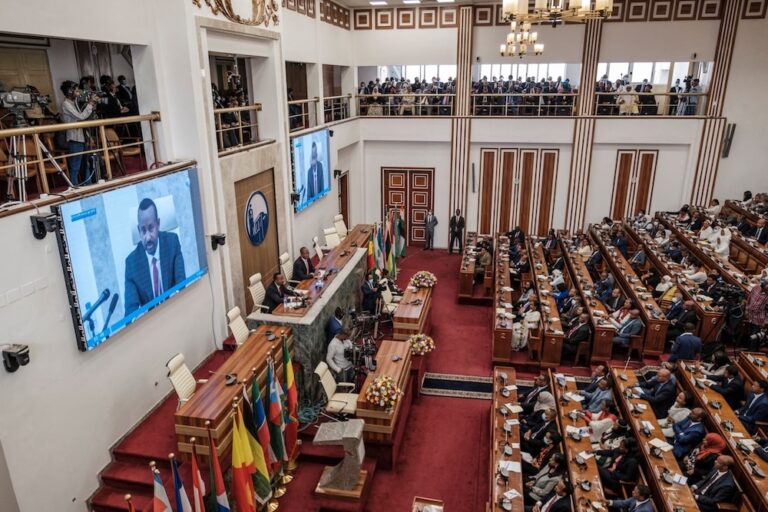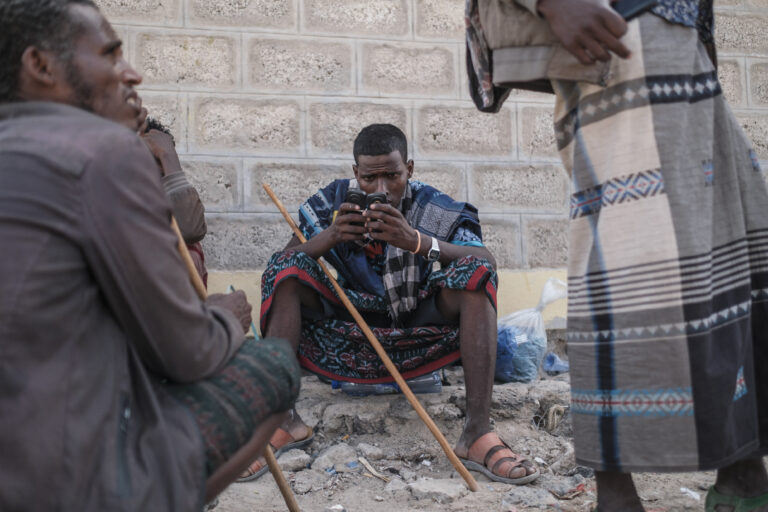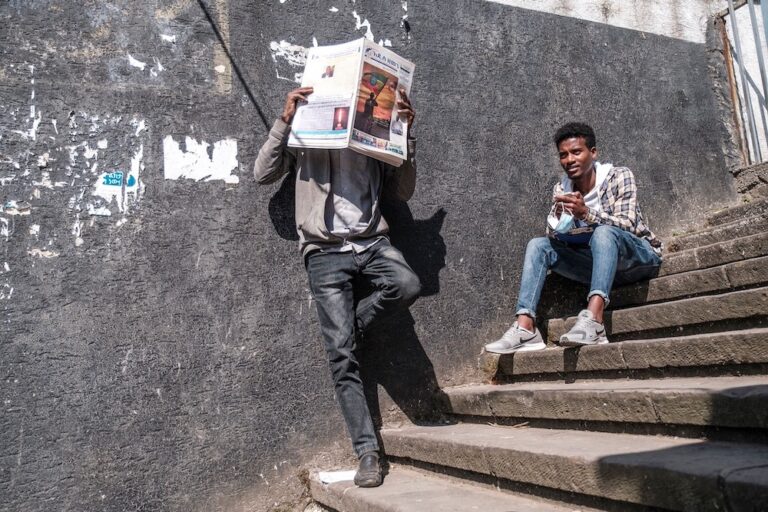"Website blocking is not new in Ethiopia, but a leading independent newspaper's site has never previously been affected," RSF noted.
(RSF/IFEX) – 26 April 2012 – Reporters Without Borders is very worried to learn that access to the Amharic website of Ethiopia’s leading independent, privately-owned weekly, The Reporter, has been blocked for the past five days. No one has been able to access the site from within Ethiopia since around 4:30 p.m. on 21 April unless they use a proxy server.
The reason for the blocking is unclear and Reporters Without Borders urges the authorities to provide an explanation. “Everything indicates that the blocking is being carried out by the state-owned company Ethio-Telecom, since it is Ethiopia’s only Internet Service Provider,” the press freedom organization said.
Media Communication Centre (MCC), the company that publishes The Reporter, has asked Ethio-Telecom for an explanation but has not yet received a response.
“Website blocking is not new in Ethiopia but a leading independent newspaper’s site has never previously been affected,” Reporters Without Borders said. “Tests carried out by the Opennet Initiative in 2008 and 2009 showed that certain outspoken or opposition sites based abroad were the target of filtering, but this is the first time a newspaper such as The Reporter has been targeted.”
The Reporter‘s site normally has upward of 30,000 visitors a day, more than five times the number of readers of the print version. “Has The Reporter‘s site been blocked to prevent the dissemination of sensitive articles?” Reporters Without Borders asked.
Reporters Without Borders urges the authorities to restore access to the site for Ethiopian Internet users and reiterates its opposition to the filtering and blocking of online content.
Its view is shared by the United Nations special rapporteur for freedom of opinion and expression, Frank La Rue, who recommended in a June 2011 report that the flow of information online should be restricted to “few, exceptional, and limited circumstances prescribed by international human rights law.” He also said “the right to freedom of expression must be the norm, and any limitation considered as an exception.”


